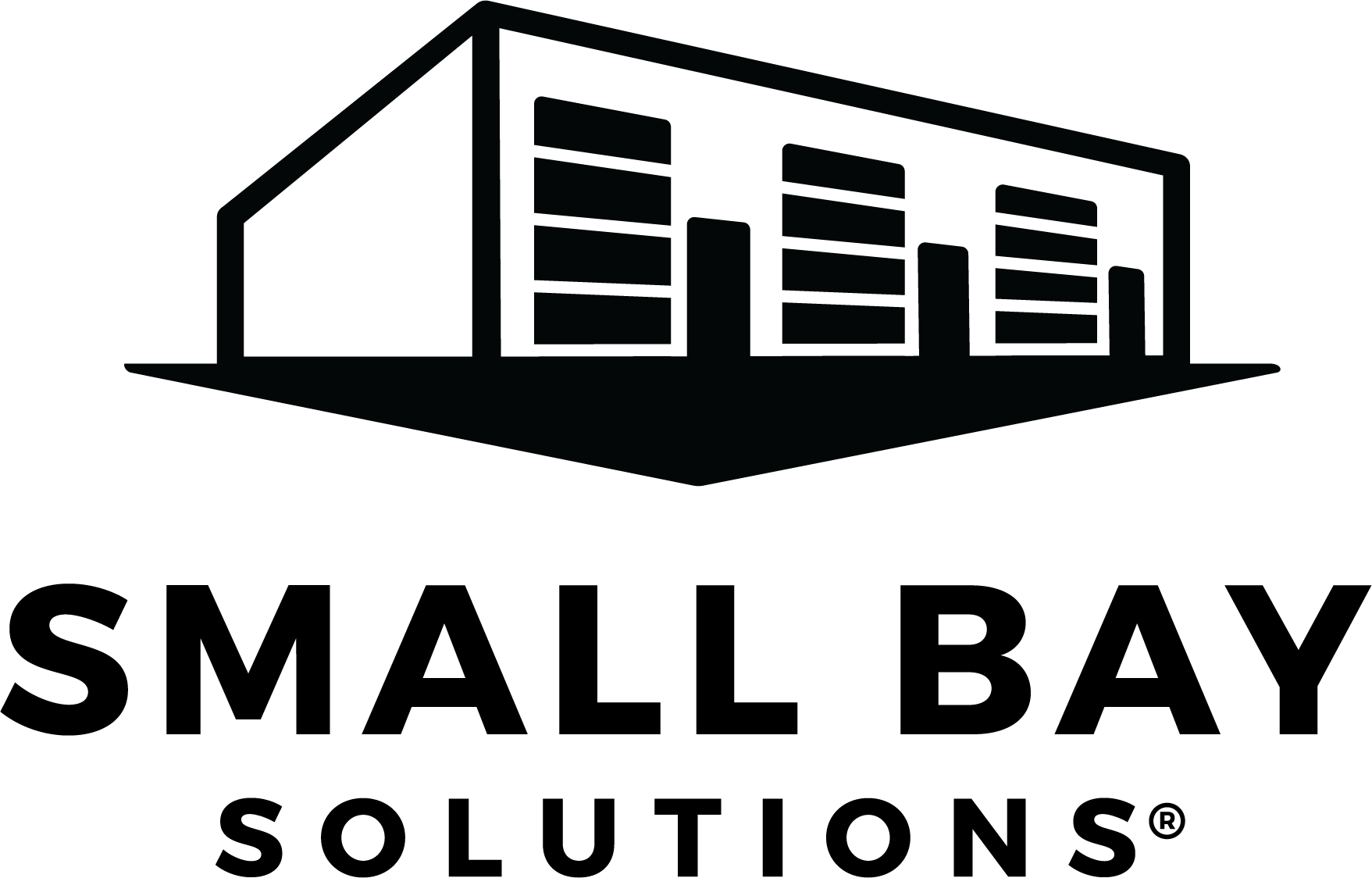Are you a budding entrepreneur looking to establish your small business in a physical location? Renting a commercial space is a crucial decision that can significantly impact the success of your venture. Whether it's a retail store, office, or restaurant, choosing the right space involves more than just finding a suitable location. Here are five essential considerations to keep in mind when renting a commercial space for your small business:
1. Location, Location, Location: The old adage holds true – location is paramount. The choice of location can make or break your business. Consider factors like foot traffic, accessibility, visibility, and the local demographics. A busy street might attract more potential customers, but it could also come with higher rent costs. Evaluate whether the location aligns with your target audience and the nature of your business.
2. Budget and Lease Terms: Setting a realistic budget is crucial. The cost of renting a commercial space isn't limited to the monthly rent alone. There might be additional expenses like utilities, maintenance, taxes, and insurance. Before signing a lease, thoroughly understand the terms and any hidden costs involved. Negotiate the lease duration – a shorter lease might provide flexibility but could also lead to more frequent rent hikes.
3. Size and Layout: The size of the space is a vital consideration. A cramped space can deter customers, while one that's too large might strain your budget. Consider your business's requirements, including retail or office space, storage, and any specific layout needs. Think about how the layout supports your operations, from customer flow to employee workspaces.
4. Zoning and Legalities: Before finalizing any rental agreement, ensure the property's zoning regulations align with your business activities. Zoning laws vary and might impact the type of business you can run from a specific location. Additionally, understand your rights and responsibilities as a tenant, as well as any required permits or licenses.
5. Future Growth and Flexibility: While your business might be small now, it's important to consider its growth potential. Is the space flexible enough to accommodate your future expansion needs? Negotiating an expansion option within the lease or a right of first refusal on adjacent spaces can be advantageous. Conversely, if your business is seasonal or subject to market fluctuations, having the flexibility to downsize can also be valuable.
Bonus Tip: Due Diligence and Professional Help: Conduct thorough research before making a decision. Engage professionals like real estate agents, lawyers, and accountants who specialize in commercial real estate. They can help you navigate complex lease agreements, understand legal implications, and provide insights into the market.
In conclusion, renting a commercial space for your small business is a pivotal step that demands careful consideration. By weighing factors like location, budget, space size, legal requirements, and future growth potential, you'll be better equipped to make an informed decision that lays a solid foundation for your business's success.
Small Bay Solutions has taken a lot of these factors into consideration when designing our facility. If you have questions about how Small Bay Solutions is designed to make finding your commercial Space easy then contact us today.

